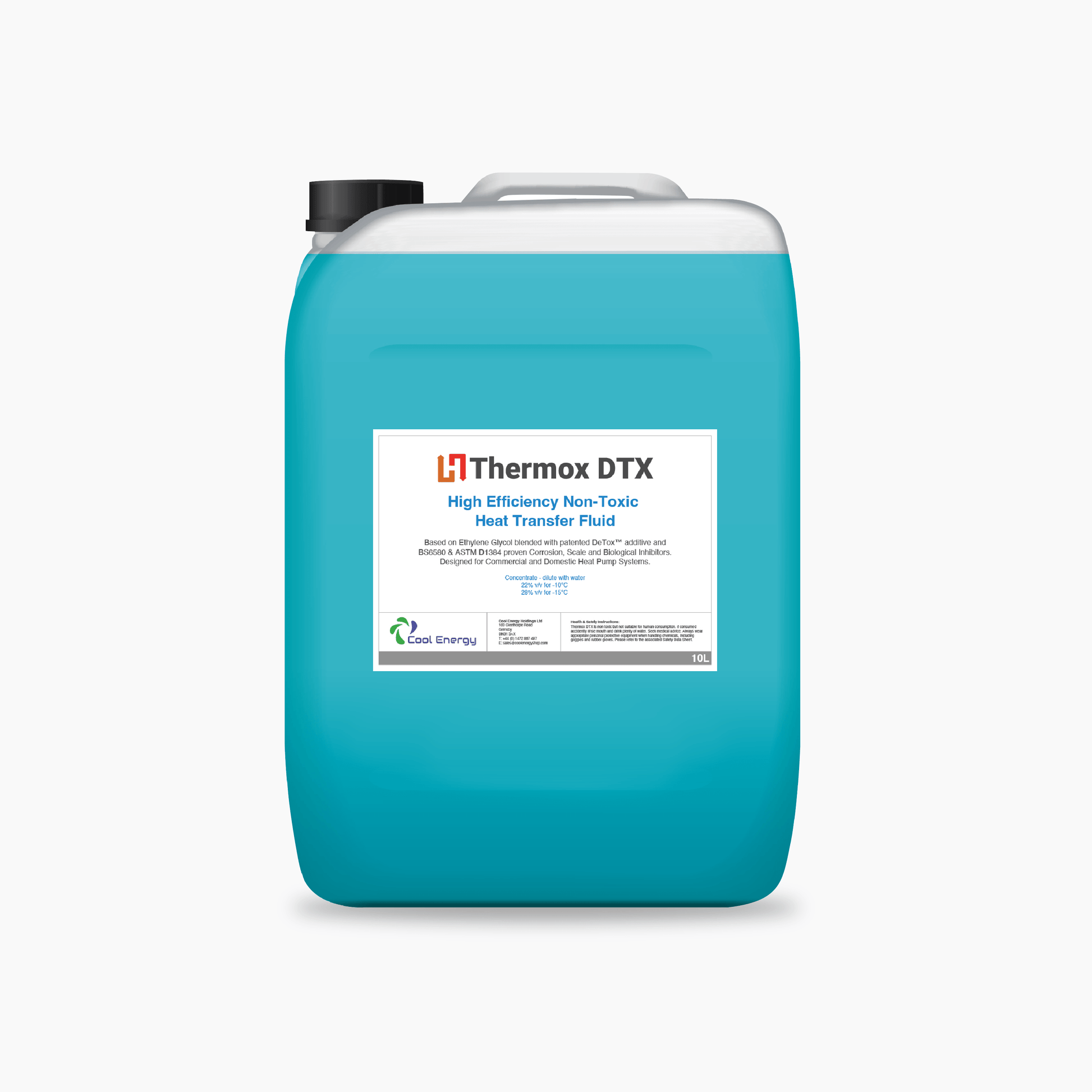The Value of Thermal Security in Heat Transfer Fluid Choice
Exactly How Warmth Transfer Liquid Contributes to Sustainable and Cost-efficient Procedures
In the modern-day commercial landscape, the function of heat transfer fluids (HTFs) in advertising lasting and cost-efficient operations can not be overstated. These liquids are essential in optimizing thermal administration systems, therefore substantially improving energy efficiency and decreasing functional expenses. heat transfer fluid. The environmental benefits of sophisticated HTFs, with their high thermal stability and reduced toxicity, are indisputable.
Recognizing Warm Transfer Fluids
In the realm of thermal monitoring, warmth transfer liquids (HTFs) serve as crucial agents for moving thermal energy from one area to another. These liquids play a crucial function in different industrial applications, consisting of chemical handling, power generation, and Heating and cooling systems.
The make-up of warm transfer fluids can differ considerably, including choices such as mineral oils, artificial oils, glycols, and molten salts. Each kind provides unique benefits, such as enhanced thermal stability, reduced viscosity, and high boiling factors, which are selected based on certain operational needs. Moreover, the option of HTF influences not only the efficiency of warm transfer but likewise the longevity and security of the system in which it is employed.
As industries proceed to introduce, the growth of advanced HTFs, defined by their boosted thermal conductivity and lowered ecological influence, is essential for satisfying the needs of modern thermal administration difficulties.

Enhancing Power Effectiveness

Improving energy efficiency has ended up being an extremely important concern throughout numerous markets, triggering a better assessment of warm transfer fluids' function in optimizing thermal management systems. These fluids are integral to maintaining the desired temperature level in procedures, therefore decreasing power waste and improving general system efficiency. By selecting an appropriate warmth transfer liquid, markets can substantially enhance their energy performance, leading to lowered power usage.

Advanced formulas of heat transfer liquids have actually been established to withstand severe temperatures while maintaining security and effectiveness. These developments extend the functional life expectancy of the fluid, lowering the regularity of replacements and energy-intensive upkeep tasks. Moreover, making use of artificial or bio-based fluids offers added benefits in regards to minimized environmental influence, straightening with global sustainability objectives. Enhancing energy performance through ideal warmth transfer fluid choice is not just a technical requirement yet click here to find out more also an ecological essential.
Lowering Operational Expenses
Operational Read Full Report expenses are a considerable factor to consider for industries seeking to maintain affordable benefit, and the choice of heat transfer fluid plays a critical duty in cost management. Selecting a suitable warm transfer fluid can result in considerable expense savings by improving system effectiveness and minimizing energy usage. High-performance fluids reduce thermal deterioration, which consequently decreases the frequency of fluid substitute and downtime connected with maintenance, thereby lowering operational expenses.
Moreover, heat transfer fluids with exceptional thermal stability and corrosion resistance extend the life expectancy of devices. This minimizes the requirement for regular repair work and replacements, which can be expensive and disruptive to procedures. By spending in high-quality fluids, industries can achieve long-term reductions in upkeep prices and boost the integrity of their systems.
Furthermore, progressed warmth transfer fluids commonly show lower viscosity at running temperatures, which improves pump performance and lowers energy usage in liquid flow. Several modern heat transfer fluids are crafted to discover this run effectively over a broad temperature level array, decreasing the requirement for several fluid kinds, therefore simplifying inventory requirements and reducing associated expenses.
Ecological Influence Decrease
The press in the direction of lowering ecological impact has gained momentum in markets leveraging warm transfer fluids. Business are progressively identifying the relevance of minimizing ecological impacts by taking on lasting practices. Heat transfer fluids (HTFs) play a critical function in this change, supplying possibilities to boost power effectiveness and decrease emissions. By selecting HTFs with high thermal security and reduced toxicity, industries can ensure marginal leak and deterioration, thus minimizing harmful ecological launches.
Moreover, using sophisticated warmth transfer liquids adds to improved system effectiveness, decreasing the overall power consumption. This decrease not only leads to cost financial savings but additionally lowers co2 emissions, assisting in the fight versus climate modification. Liquids that are naturally degradable and recyclable further improve sustainability efforts, as they reduce waste and advertise circular economic situation practices.
In addition, incorporating HTFs right into closed-loop systems prevents fluid loss and contamination of the surrounding atmosphere. This strategy guarantees that liquids are recycled, decreasing the need for brand-new resources and limiting waste generation. By welcoming these environmentally mindful approaches, markets can significantly reduce their ecological effect while keeping high operational effectiveness, aligning with worldwide sustainability objectives and governing requirements.
Selecting the Right HTF
Selecting the suitable heat transfer fluid (HTF) is an important step in advancing ecological sustainability within commercial procedures - heat transfer fluid. An excellent HTF needs to have a high thermal capability, low viscosity, and high thermal conductivity to guarantee efficient warmth transfer.
This guarantees longevity and minimizes maintenance prices. The fluid needs to be non-toxic and eco-friendly, reducing its eco-friendly footprint and making certain compliance with ecological policies.
Verdict
